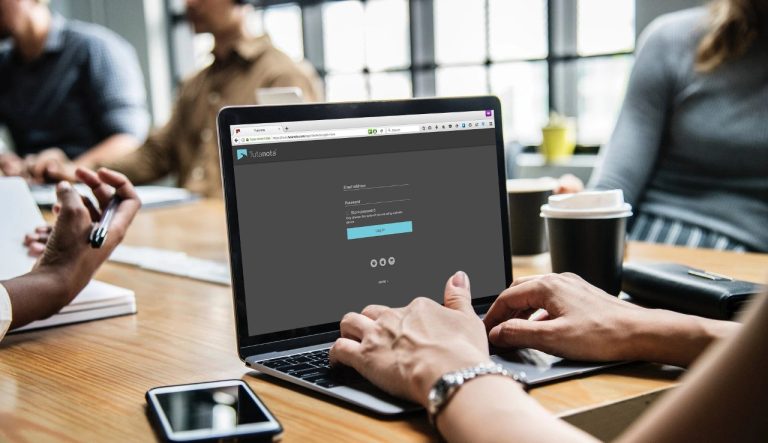In today’s digital era, the security of your website is paramount. With WordPress powering over 40% of all websites on the internet, it’s a prime target for cyber threats. Understanding and implementing robust security measures is not just advisable; it’s essential for the protection of your site and its users.
Understanding WordPress Security:
WordPress security involves safeguarding your website from unauthorized access, hacking, and other malicious activities. Common vulnerabilities include weak passwords, outdated software, and plugin or theme flaws. The consequences of a security breach can range from data theft to complete site breakdown.
Regular Updates and Maintenance: One of the simplest yet most effective security measures is keeping your WordPress core, themes, and plugins updated. Developers regularly release updates that fix known security issues. Neglecting these updates leaves your site vulnerable to known exploits.
Choosing Secure Hosting: Your hosting provider plays a critical role in your website’s security. Opt for a host that emphasizes security features, such as firewalls, regular malware scans, and the availability of SSL/TLS certificates. A good host should also provide reliable customer support for security concerns.
Strong Passwords and User Permissions: Use strong, unique passwords for your WordPress admin and database. Implement multi-factor authentication for added security. Manage user roles diligently; assign permissions based on the principle of least privilege – users should have only the access they need to perform their tasks.
Understanding WordPress Security:
Implementing SSL Certificates: SSL certificates encrypt data transferred between your site and your users, protecting sensitive information. Most hosting providers offer easy SSL certificate installation, and Let’s Encrypt provides them for free, removing any cost barrier.
Security Plugins and Tools: There are numerous security plugins available for WordPress. Popular options like Wordfence, Sucuri, and iThemes Security offer features like firewalls, malware scans, and security hardening. Choose a plugin that aligns with your specific needs.
Regular Backups:
Regular backups are your safety net. In case of a security breach, a backup can save you from significant data loss. Use plugins like UpdraftPlus or VaultPress for scheduled, automatic backups. Store backups in multiple locations, including cloud services.
Monitoring and Audits: Regularly monitor your site for suspicious activity. Security plugins often come with monitoring tools. Additionally, conducting periodic security audits can reveal hidden vulnerabilities, helping you stay ahead of potential threats.
WordPress security is an ongoing process. By staying informed, regularly updating your site, using the right tools, and following best practices, you can significantly reduce your site’s vulnerability to cyber threats.
Share your experiences or tips on WordPress security in the comments below. For those seeking professional assistance, consider reaching out to specialized WordPress security services for comprehensive support and peace of mind.





